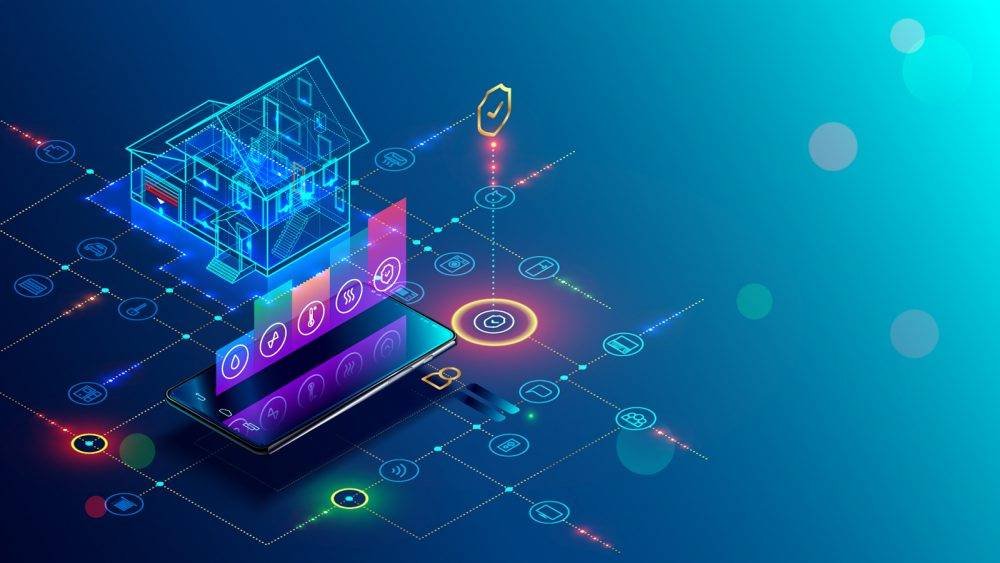Looking to learn about the future of smart technology without any biased opinions? Look no further! Our article offers an unbiased view of what to expect from this rapidly-evolving field. From the latest advancements to potential ethical considerations, we cover it all. Read now to stay informed and up-to-date on the future of smart technology.
We live in a world where technology is changing faster than ever before. Whether it’s the way we communicate, shop, work, or play, there’s always something new to be experienced. And when it comes to the future of smart technology, there are plenty of exciting possibilities. In this blog post, we will explore some of the most exciting possibilities that stand to change the way we live and work in the years to come. From self-driving cars to augmented reality, read on to get an unbiased look at what the future of smart technology may hold for you.
What is Smart Technology?
Smart technology is a term that refers to a variety of technologies that enable devices and systems to interact with each other and with their surroundings in ways that allow for improved efficiency and enhanced user experience. Smart technology can be used in a number of different applications, such as the management of energy resources, the provision of healthcare services, the tracking of assets, and the orchestration of industrial processes.
In terms of its potential impact on society, smart technology has the potential to revolutionize many aspects of our lives. For example, it could facilitate more efficient use of energy resources by enabling devices to communicate with one another and with infrastructure components such as meters. It could also play an important role in facilitating the delivery of healthcare services by allowing hospitals to track patients’ movements and interactions over time. And finally, smart technology could help businesses improve their efficiency by automating processes or coordinating disparate entities within an industrial context.
Overall, there is significant potential for smart technology to improve our lives in numerous ways. However, there are also some risks associated with its adoption. For example, if smart tech becomes overly reliant on artificial intelligence or machine learning algorithms, it could become vulnerable to hacking attacks or malfunctions. Additionally, there is always a risk that unanticipated consequences will arise from the deployment of new technologies; for example, if quantum computing comes into widespread use, then cyber attackers may find it much more difficult to break into systems using traditional methods. In light of
Benefits of SmartTechnolog
SmartTechnolog has a lot to offer businesses and individuals. Here are some of the benefits:
– SmartTechnolog provides businesses with a way to automate processes and save time.
– It helps people stay organized and efficient by helping them keep track of their tasks.
– It also allows for better communication by sending notifications when important tasks are completed.
– Finally, it can help people conserve energy by making sure devices are turned off when not in use.
Advantages and Disadvantages of Smart Technology
Smart technology enjoys a lot of advantages over traditional technology. For one, it is more energy efficient. It can also be more secure since it uses fewer data storage space. Additionally, it can be customized to meet the needs of specific users. However, there are a few disadvantages associated with smart technology as well. One is that it can be confusing for users. Another disadvantage is that it can be expensive to set up and maintain.
Future of Smart Technology
The future of smart technology is an exciting time for those who are interested in the field. There are so many possibilities for how this technology can be used and developed, and it is only going to become more popular in the years to come. Some of the most common ways that smart technology is being used today include in the fields of healthcare, transportation, and manufacturing.
Here are some specific examples of how smart technology is changing the way we live and work. In healthcare, smart technology is being used to create more accurate diagnoses and treatments. This is done by using data collected from various sensors and devices throughout a person’s healthcare system. This information can then be used to make better decisions about which treatments to give someone, as well as monitor their health over time.
Another example of how smart tech is being used in healthcare is through digital medical records (DMRS). A DMRS allows doctors to share patient data electronically between different hospitals or clinics. This makes it easier for patients to receive necessary treatment across different locations, as well as keep track of their own medical records in one place. Transportation has also seen a major transformation thanks to smart technology. For example, autonomous cars use sensor data from cameras and other sensors on the car to make decisions about where to go and what to do next. This technology has already been implemented into some commercial vehicles, such as trucks, buses, and cars.
Conclusion
It seems like every day there is a new announcement or study that suggests the future of smart technology is inescapable, and we humans are going to have to get used to living in a world where our every move is tracked and monitored. That being said, I still believe there’s potential for humanity to do great things with this technology if we can harness it correctly. As technologists continue to develop new ways to use surveillance systems for good instead of evil, I think it’s important that we pay attention and figure out how best to use these tools for our benefit rather than just accept them as inevitable.


